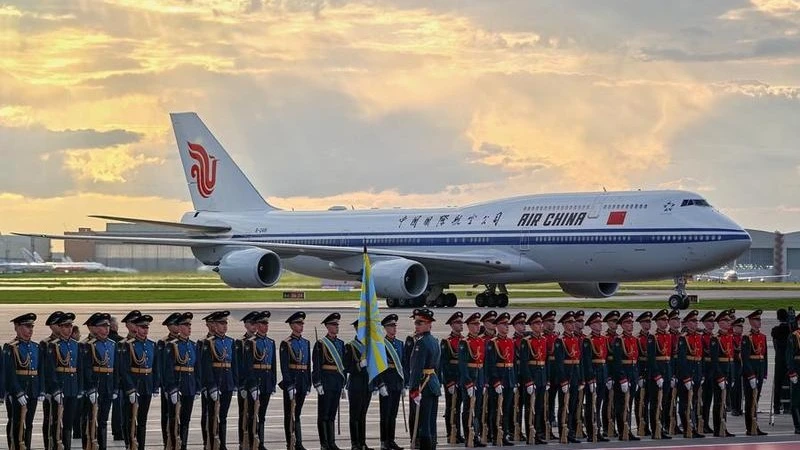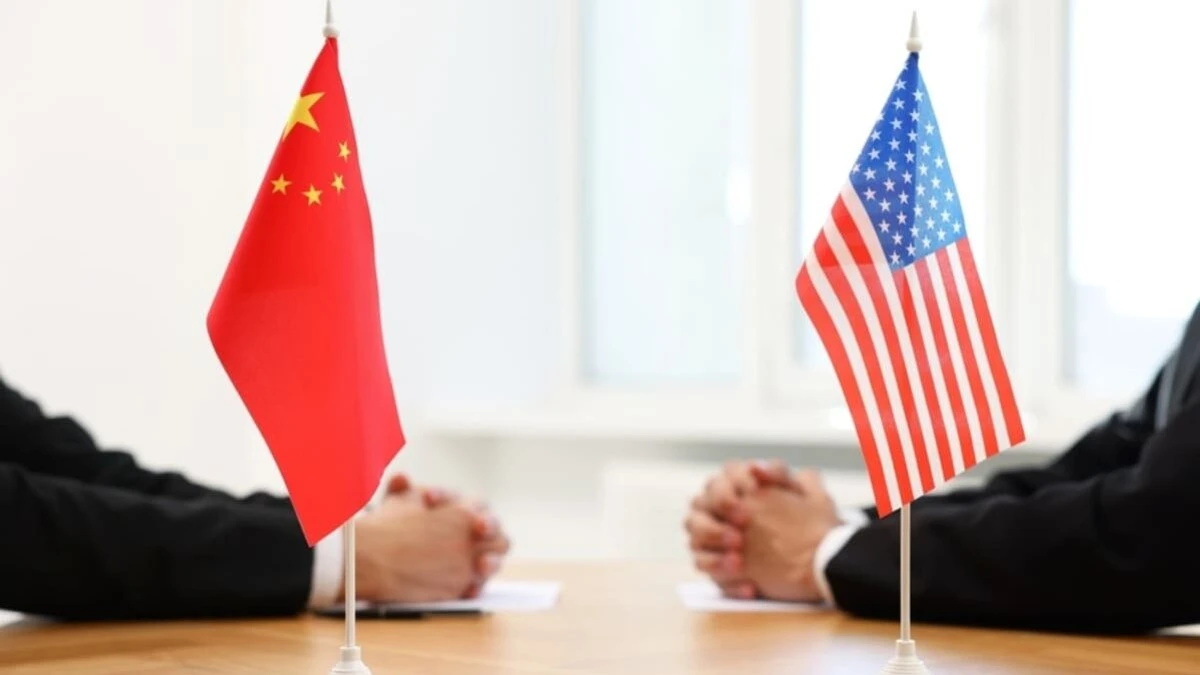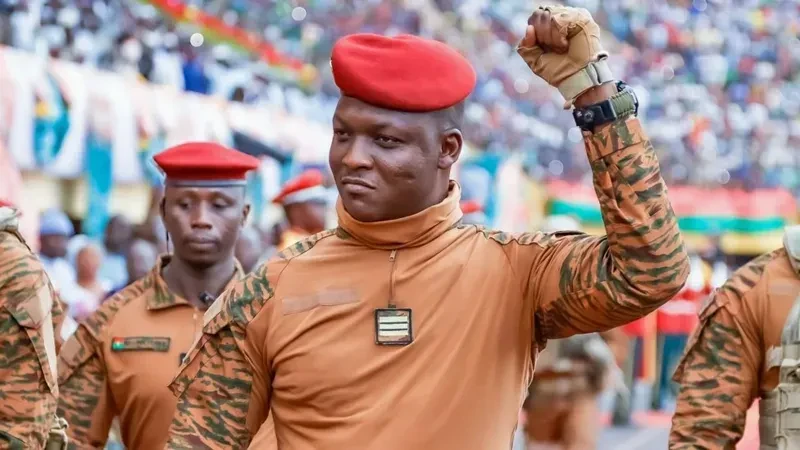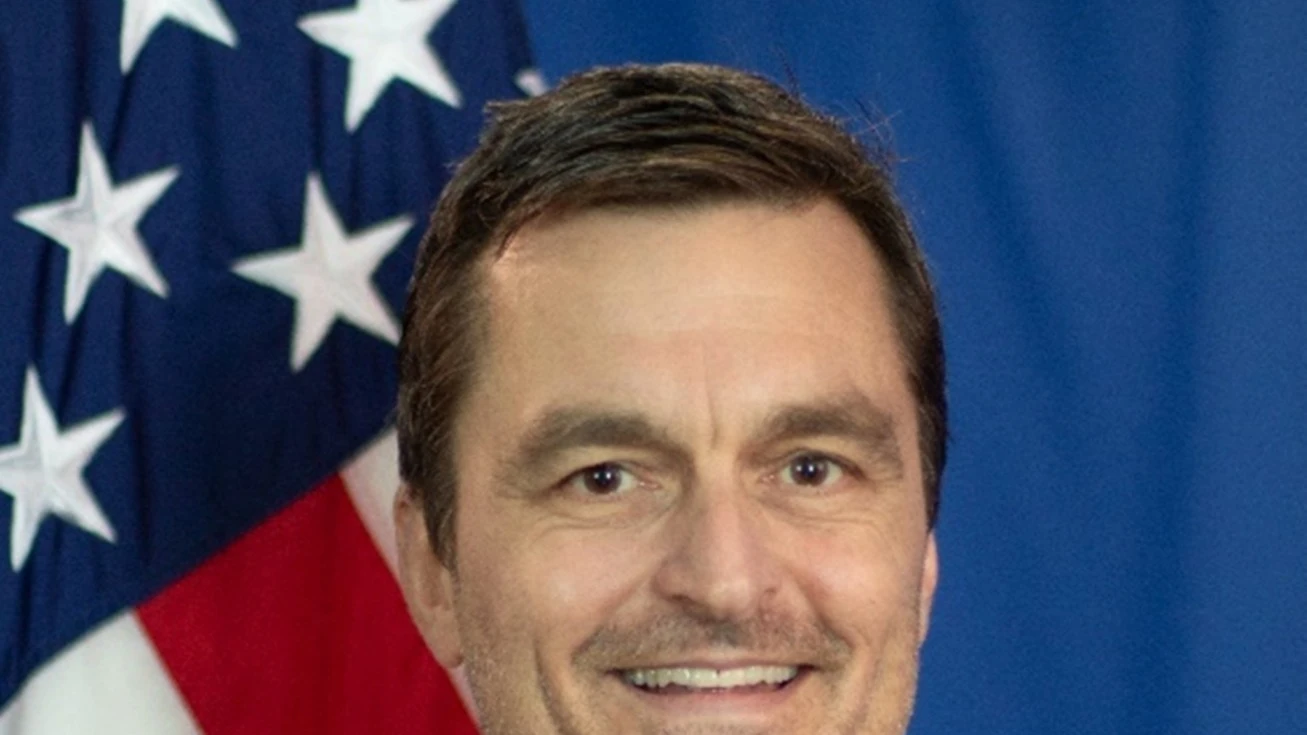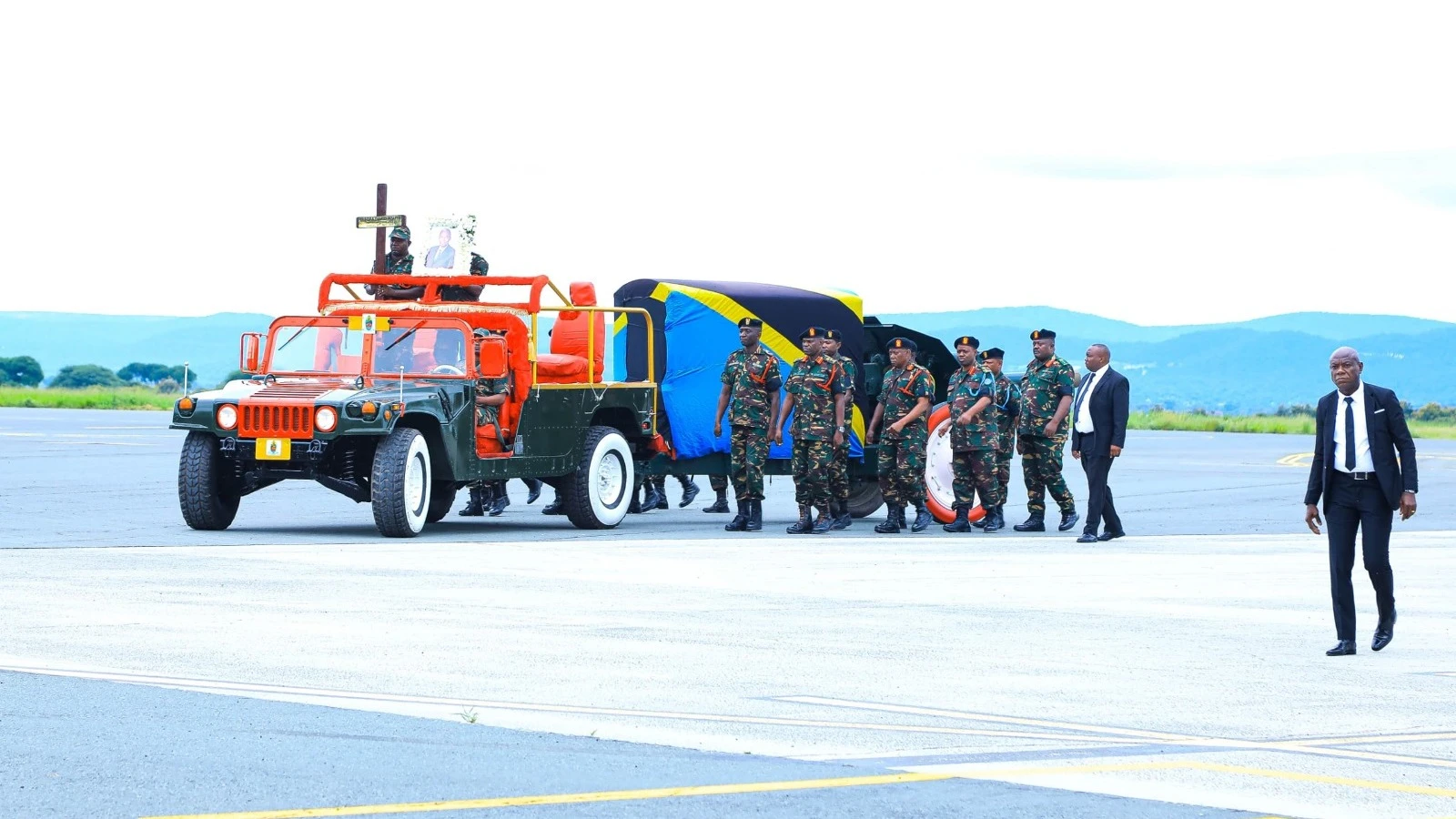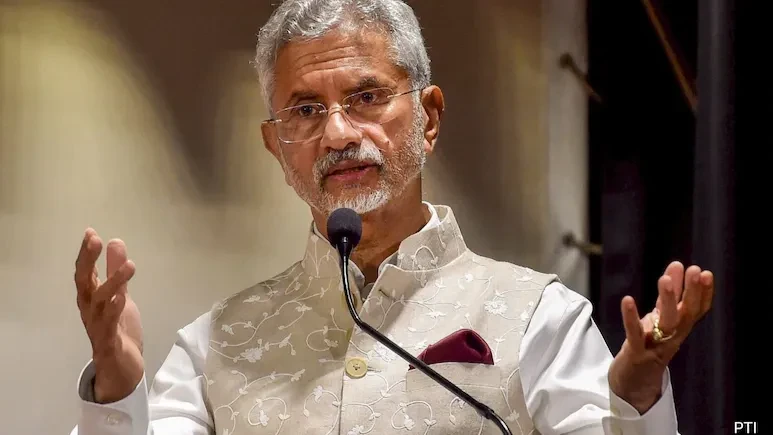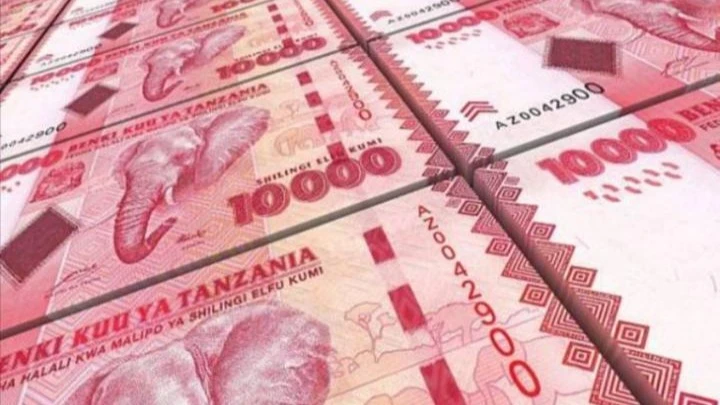Sino-Russian friendship, mutual vision in spotlight
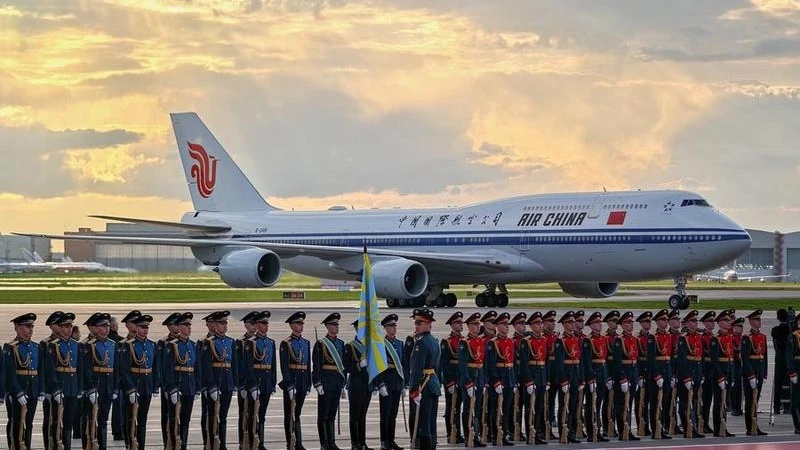
President Xi Jinping’s state visit to Russia last week was a declaration of the enduring Sino-Russian friendship rooted in common historical memory, and the mutual vision for a multipolar world order that, against the backdrop of the tariff war, is appealing to countries in the Global South, according to experts.
During his visit, Xi attended the celebrations marking the 80th anniversary of the victory in the Soviet Union’s Great Patriotic War, signed a joint statement on the China-Russia comprehensive strategic partnership of coordination for a new era, and held bilateral meetings on the sidelines with leaders of several countries.
Keith Bennett, co-editor of the Friends of Socialist China platform, said: “Eighty years on, it remains the case that the Soviet Union’s victory in the Great Patriotic War and China’s victory in the War of Resistance Against Japanese Aggression are the fundamental basis for an international order based on peace, democracy and the rights of peoples and nations.
“Today, those principles that were established at the cost of so many lives are being challenged as never before by acts of unilateralism, aggression, bullying and hegemonism. At the same time, China and Russia are taking the lead and, together with the combined might of the Global South, are defending the postwar order while promoting multipolarity as never before,” Bennett said.
Mustafa Hyder Sayed, executive director of the Pakistan-China Institute, pointed out that the historical dimension was central to Xi’s visit.
“The bilateral summit was very significant in light of the historical references to World War II. … Both countries invoked the narrative of defending against external aggression,” Sayed said, adding that emphasis by the two countries on the need to work within the United Nations framework sets the way forward for international cooperation.
Arhama Siddiqa, a research fellow at the Institute of Strategic Studies Islamabad, agreed that the China-Russia joint statement reflects a strategic partnership aimed at reinforcing a rules-based international order centered on the UN, while also promoting economic globalization that is inclusive and beneficial to all nations.
“The summit did not merely revisit history — it projected a vision for an alternative global governance model, one increasingly attractive to many in the Global South, including states navigating post-Gaza realignments in the Middle East,” said Siddiqa.
Denis Manturov, Russia’s first deputy prime minister, said the meeting between the leaders was “perfect, constructive and productive”, and “our strategic partnership is giving good attention to the cooperation in many spheres of activities”.
From an African perspective, XN Iraki, an associate professor in Kenya at the University of Nairobi’s Faculty of Business and Management Sciences, said the visit signaled that China and Russia are close friends.
In the United States, Anthony Moretti, an associate professor in the Communication and Organizational Leadership Department at Robert Morris University in Pennsylvania, said, “The solid relations between China and Russia present a stability to the world that is appealing to the Global South and elsewhere, and especially now because of the confusion the global community feels about the US.”
Top Headlines
© 2025 IPPMEDIA.COM. ALL RIGHTS RESERVED








